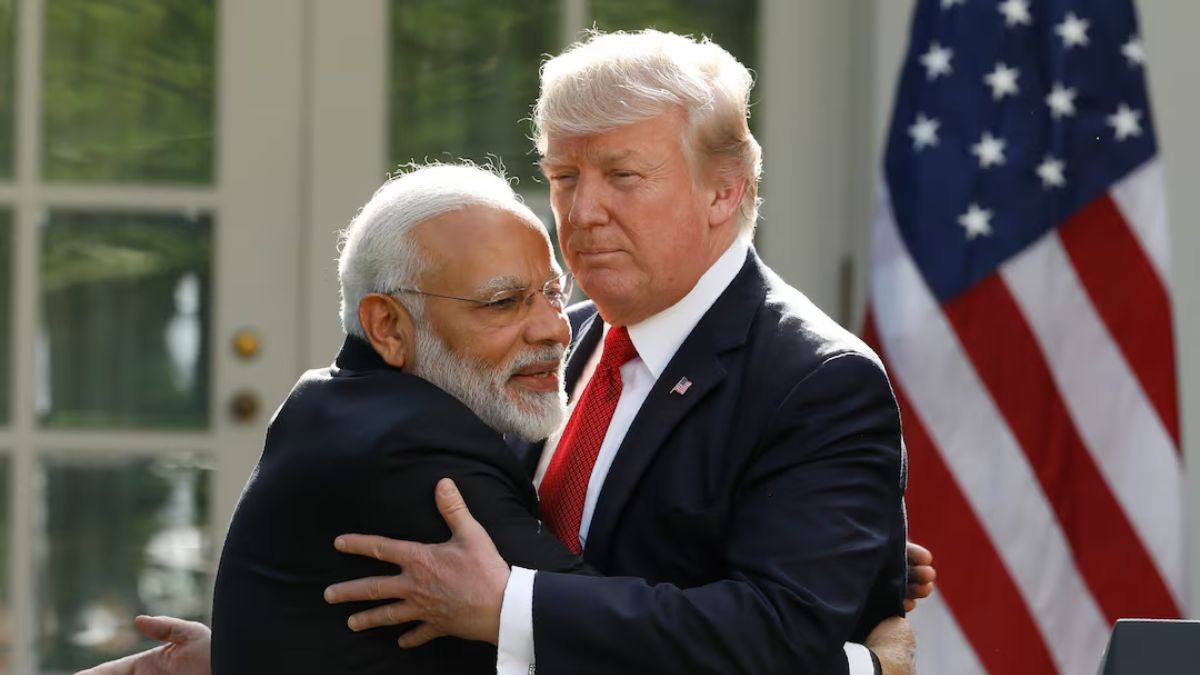Indian Prime Minister Narendra Modi stated decisively that India will not compromise the interests of its farmers, fishermen, and dairy sector, even if it has to pay a heavy price for this stance. His comments followed US President Donald Trump’s announcement of additional tariffs, which doubled the existing levy to 50% on Indian goods being exported to the United States. This drastic tariff hike is seen as a punishment for India’s continued purchases of Russian oil amid tensions between the two trade partners.
Trade talks between India and the US have broken down due to disagreements over opening up India’s vast agricultural and dairy markets, and India’s refusal to halt its Russian oil imports. The US tariff increase, effective from August 28, aims to penalize India for these purchases, while India’s foreign ministry condemned the decision as “unfair, unjustified, and unreasonable.” The ministry also criticized the US for its double standards, as it continues to import Russian uranium and other resources without penalty.
In response to the tariffs, India is signaling a potential pivot in its global alliances. Modi is preparing for a visit to China, hinting at a change in strategic alignments as relations with Washington deteriorate. Meanwhile, Brazil’s President Luiz Inacio Lula da Silva plans to initiate discussions among BRICS countries, including India and China, to address the impact of Trump’s tariffs and explore cooperative economic solutions.
Despite the diplomatic fallout, Modi reaffirmed India’s commitment to protecting its farmers and key economic sectors. He warned that India is ready to bear the consequences of standing firm for its national interests. Experts note that the increased tariffs could hurt India’s export appeal, slow economic growth, and strain ties between the two largest democracies, but India maintains it will pursue an independent path rooted in its sovereign priorities.














